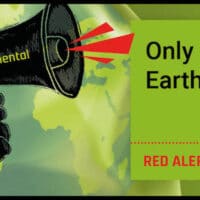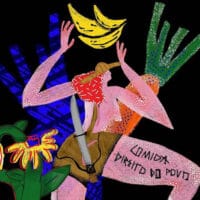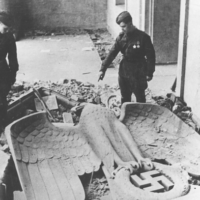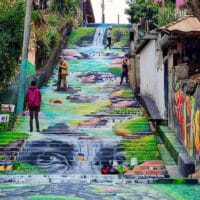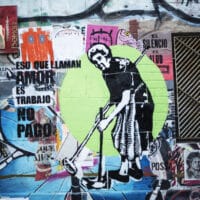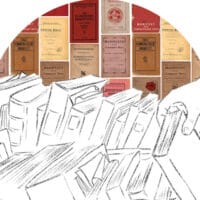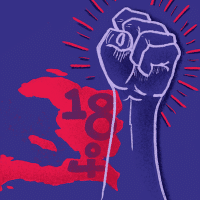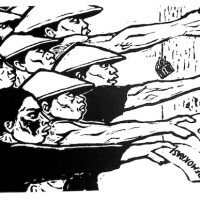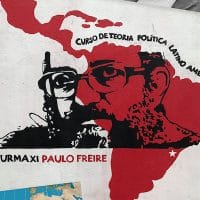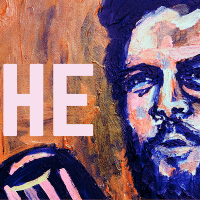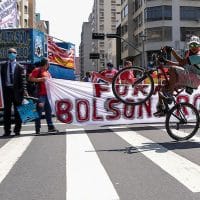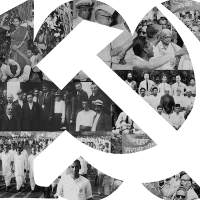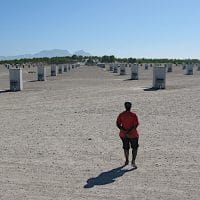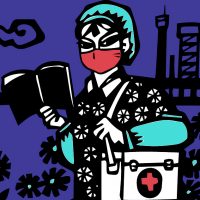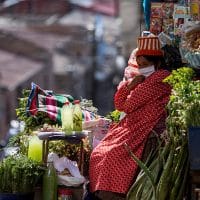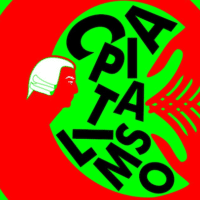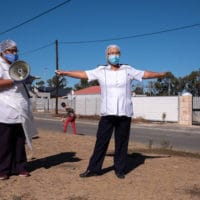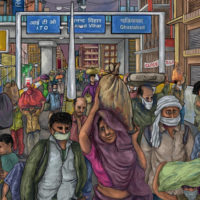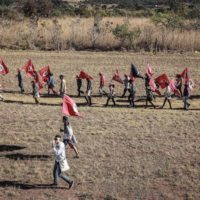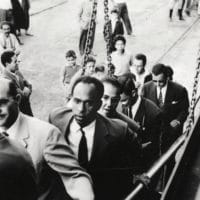-
Red Alert: Only one Earth
A new report from the United Nations Environment Programme (UNEP), Making Peace with Nature (2021), highlights the ‘gravity of the Earth’s triple environmental emergencies: climate, biodiversity loss, and pollution’.
-
Dossier no. 40: The challenges facing Brazil’s left
If the social consequences of adopting an ultra-neoliberal project weren’t enough already, the emergence of the coronavirus pandemic in 2020 and the gross mismanagement and negligence in combatting the virus have led to the worst-case social, economic, and health scenarios.
-
Risen from the Ruins: The Economic History of Socialism in the German Democratic Republic
The German Democratic Republic (DDR) was a socialist state founded in 1949 as a democratic, antifascist reaction to the Second World War. It redistributed land, socialised the means of production, and collectivised the agricultural system.
-
Dossier No. 39: Pity the Nation: Honduras is being eaten from within and without
On 28 June 2009, President Manuel Zelaya was overthrown in a coup d’état engineered by the Honduran oligarchy and the United States government. The reverberations of the coup extend into present-day Honduras, which continues to struggle to maintain its political sovereignty.
-
Dossier No. 38: Uncovering the crisis: Care work in the time of Coronavirus
The pandemic has sharpened and transformed pre-existing inequalities, reconfiguring the processes that sustain and guarantee life.
-
Dawn: Marxism and National Liberation
Only at the end of his life did Karl Marx leave the shores of Europe and travel to a country under colonial dominion. This was when he went to Algeria in 1882. ‘For Mussulmans, there is no such thing as subordination’, Marx wrote to his daughter Laura Lafargue.
-
Dossier no. 36: Twilight: The erosion of U.S. control and the multipolar future
If there was one revolution that marked the beginning of the end of the colonial epoch and that inaugurated a new worker-led civilisation, it was the Haitian Revolution of 1804. Enslaved Africans defeated the four major European powers of the day, won their freedom, and declared an independent republic.
-
Dossier 35: The Legacy of Lekra: Organising revolutionary culture in Indonesia
Martin Aleida recalls the moment he was released from prison at the end of 1966. At twenty-two, Martin emerged from nearly a year behind bars to Jakarta, unable to find his friends and comrades.
-
Dossier 34: Paulo Freire and popular struggle in South Africa
He constantly experimented with and thought about how to connect learning and teaching among the poor and oppressed with the radical transformation of society.
-
Che
Twenty left publishers from around the world release a joint edition including two essential texts by Che Guevara on the fifty-third anniversary of his assassination by the CIA in Bolivia.
-
Youth in Brazil’s peripheries in the era of CoronaShock
Across the world, youth have become important political actors, especially since the 1960s. Along with workers, women, and people of colour, youth have been main protagonists in the fight for national, anti-colonial, anti-imperialist liberation in Asia, Africa, and the Americas.
-
Dossier no. 32: One hundred years of the communist movement in India
Through their self-effacing work, the communists have galvanised hundreds of millions of people into action in order to bring about far-reaching changes in society.
-
Dossier 31: ‘The Politic of Blood’: Political Repression in South Africa
In his famous speech from the dock in April 1964, Nelson Mandela spoke of ‘revolutionary democracy’ rooted in precolonial forms of collective deliberation and decision making.
-
CoronaShock and socialism
CoronaShock is a term that refers to how a virus struck the world with such gripping force; it refers to how the social order in the bourgeois state crumbled, while the social order in the socialist parts of the world appeared more resilient.
-
Latin America under CoronaShock: Social crisis, neoliberal failure, and the People’s Alternatives
The first cases of COVID-19 were detected in December 2019 in Wuhan (China). In early March, the World Health Organization (WHO) declared the rapidly expanding illness a pandemic.
-
Ten-Point agenda for the Global South after COVID-19
In 1974, the United Nations General Assembly passed a New International Economic Order (NIEO), which was driven by the Non-Aligned Movement (NAM).
-
Dossier 20: Health is a political choice
In the United Nations’ Universal Declaration of Human Rights (1948), Article 25 offers an expanded vision of what it could mean to be a human being. Human beings, it notes, have ‘the right to a standard of living adequate for [their] health and well-being’. This includes ‘food, clothing, housing and medical care and necessary social services’; human beings also have the ‘right to security’, which means they have the right to compensation for any lack of livelihood due to circumstances beyond their control.
-
Dossier 28: CoronaShock: A virus and the World
In December 2019, doctors in Wuhan (China) began to see patients with a kind of viral pneumonia. By the end of the month, an investigation began and China’s health authorities sent out a public warning and notified the World Health Organisation (WHO).
-
Dossier 27: Popular agrarian reform and the struggle for land in Brazil
The land question is central to understanding political life and society in Brazil. The country has enormous landed estates, known as latifundios, which have their roots in the beginning of the Portuguese occupation of this part of South America at the start of the 16th century. The Portuguese seizure of this land and its conversion into large latifundios–together with the mono-cultivation of crops for export and the enslavement of human beings–established the roots of social inequality that persist to this day.
-
Dossier no. 26: Frantz Fanon: The brightness of metal
Frantz Fanon was born on the Caribbean island of Martinique on 25 July 1925. He died in the United States, from leukaemia, on 6 December 1961. He was thirty-six years old.

